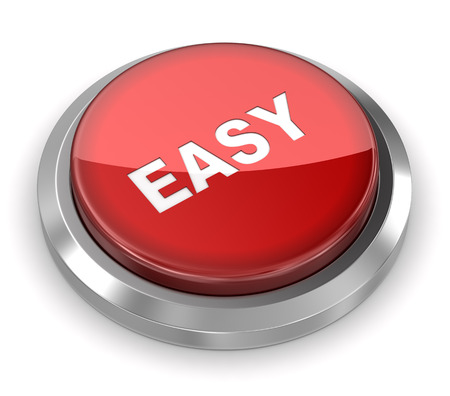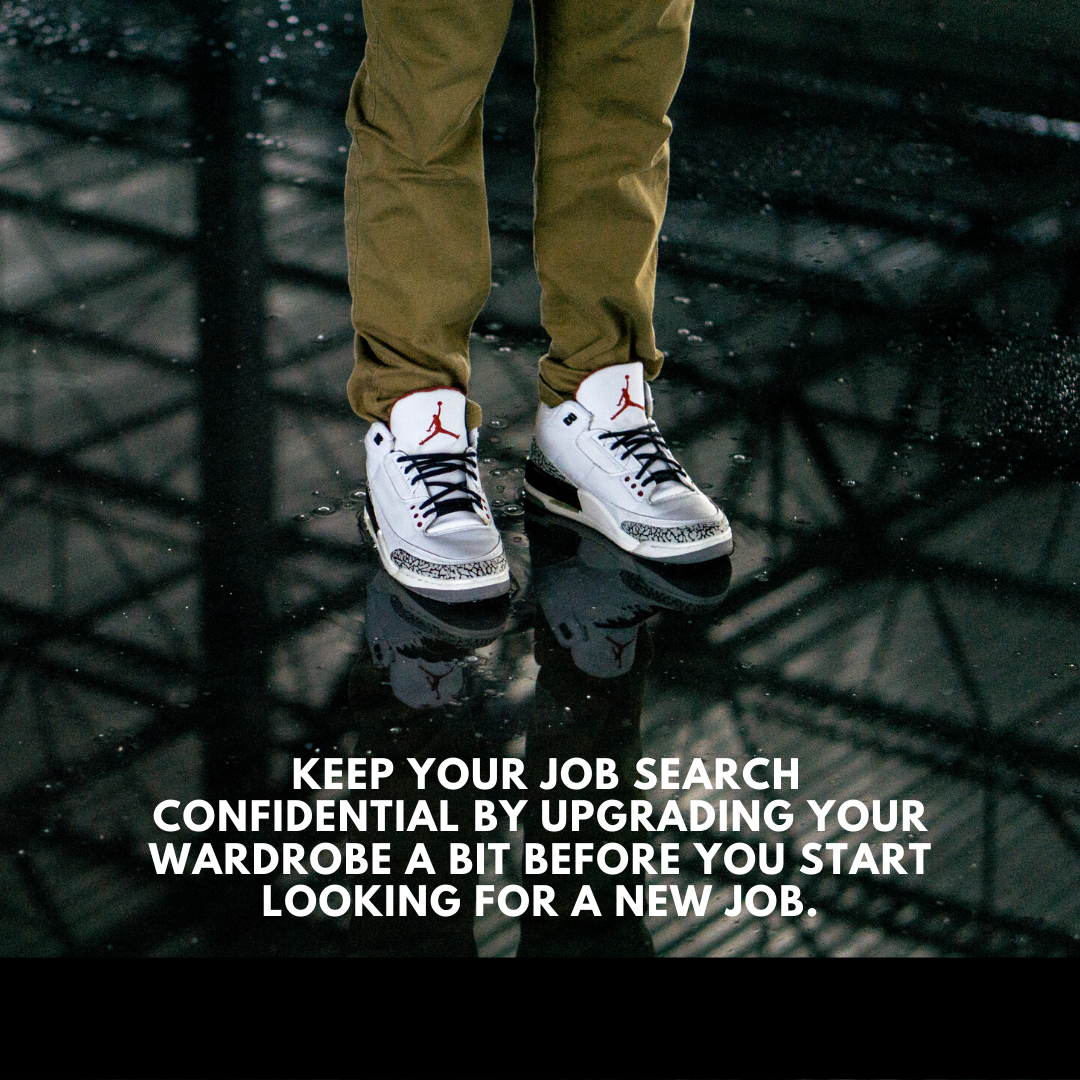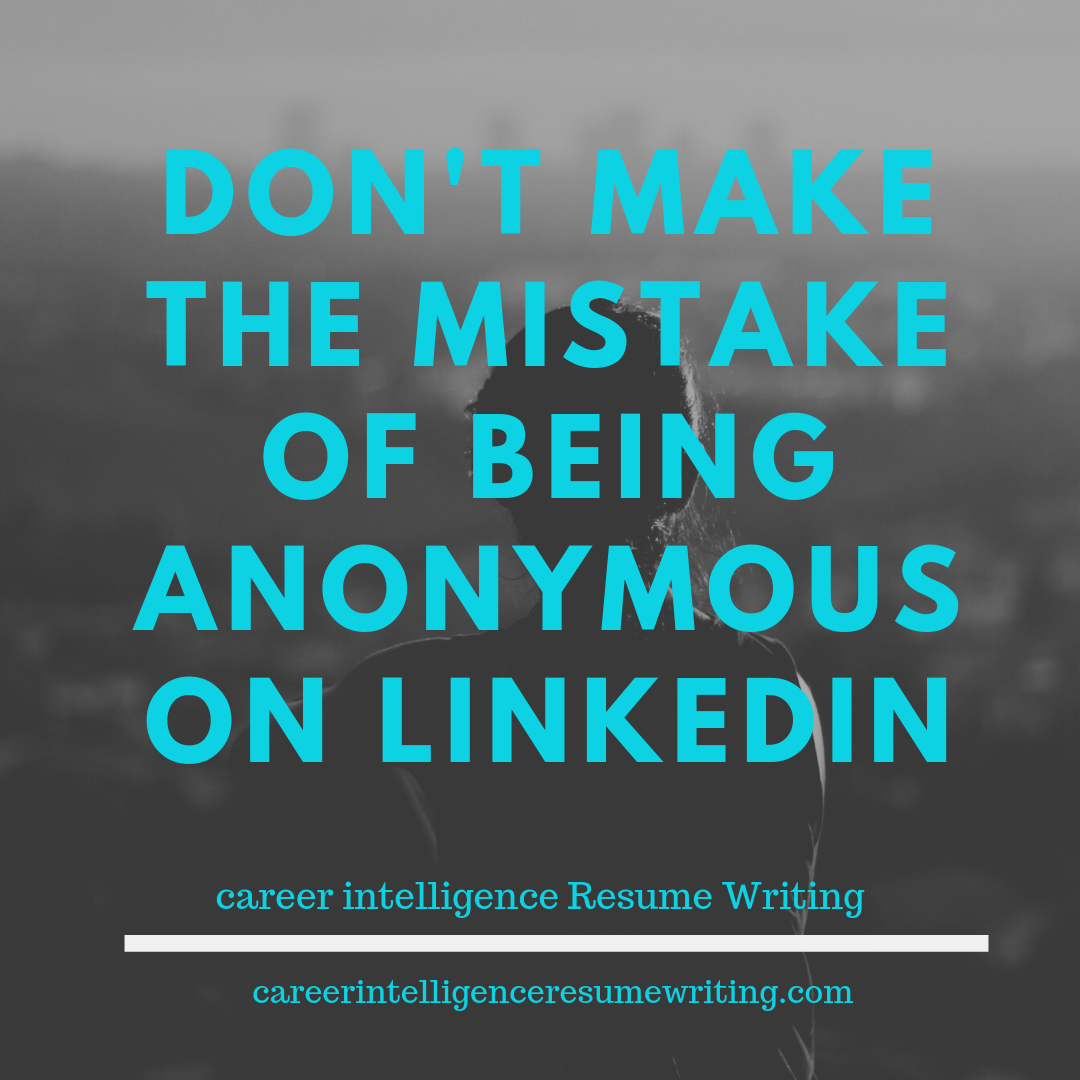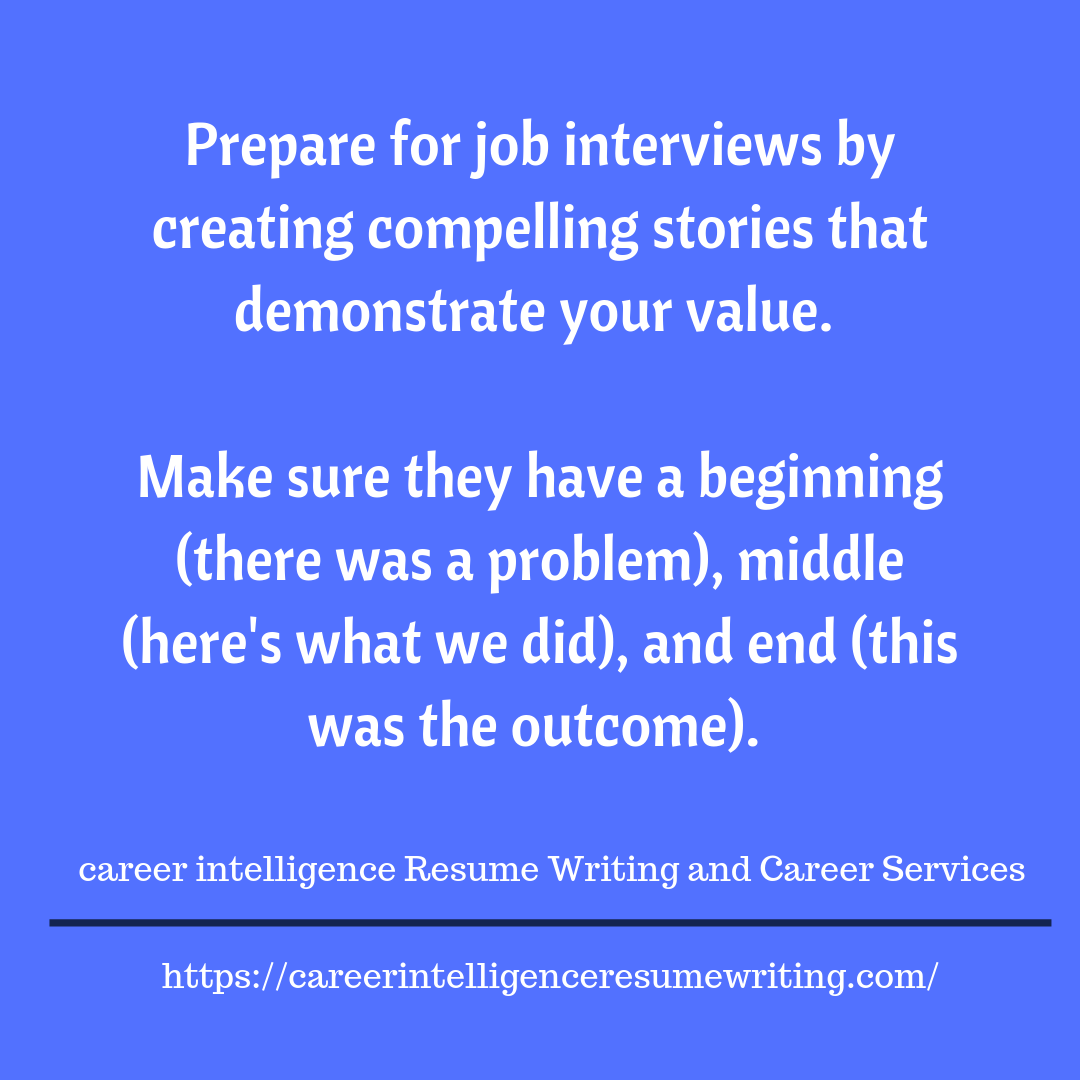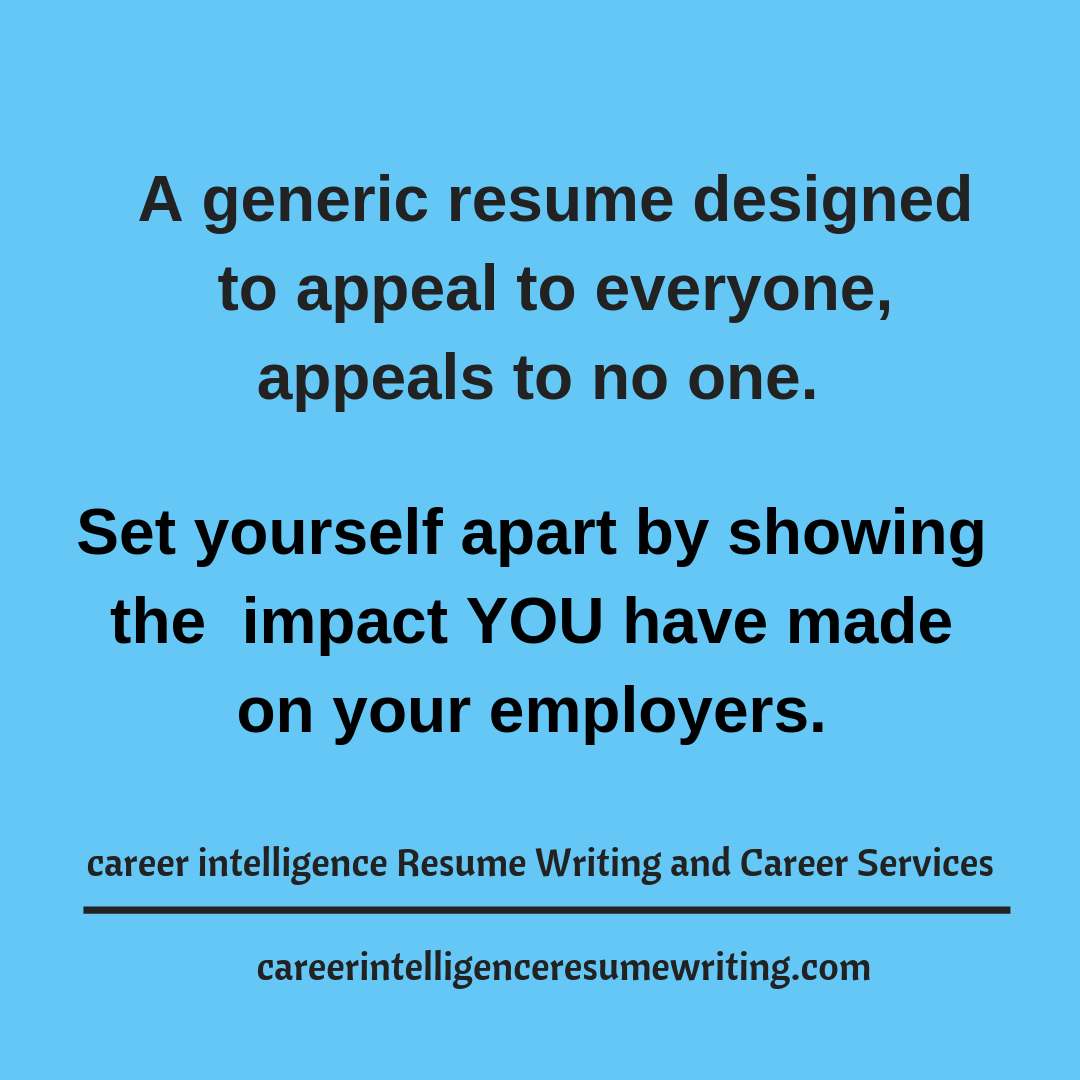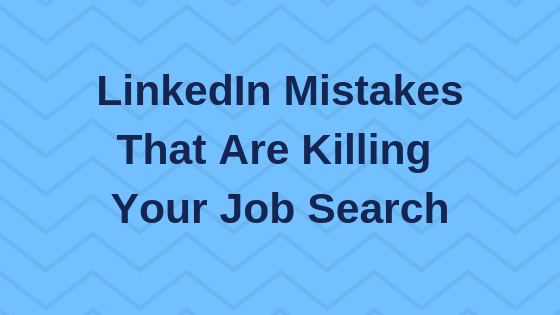Easy Ways To Make A Better First Impression
You’ve heard the saying “you never get a second chance to make a first impression.” That’s particularly true during your job search
Certainly, having the right skills, experience, and, in some cases, education is essential. However, recruiters and employers may not contact you for an interview if you don’t make a good first impression.
At least good enough to make them want to learn more.
Recruiters and employers meet you different ways. It might be when they receive your resume. It might be when they view your profile on LinkedIn. It might be when they see something on social media. Since you have no way of knowing, it’s important to cover all fronts.
If you’ve been actively recruited for your last several positions, having a boring, task-focused resume has probably worked for you. It may have been not much more than a formality.
When you’re the one approaching recruiters and employers, however, replacing your boring task-focused resume with a results driven marketing tool and developing a robust, optimized LinkedIn profile will make you more marketable.
Both of those take time, effort, and maybe even hiring a professional writer. That said, there are a few fairly simple, often quick, things you can do to make a better first impression.
You Still Can’t Dodge The Salary Question (Here’s How To Answer)
Most job seekers dread talking to recruiters and employers about salary. In many states it’s illegal to ask candidates about their current salary. But that doesn’t mean you can’t be asked about your expectations.
The truth is, you can’t completely dodge the salary question.
But, to some degree you can control it. You do this by understanding the process and being prepared.
Why do recruiters ask about your salary?
As a former recruiter, I know they don’t ask your salary requirements to put you on the spot. They ask because they need to know if you are in the salary range for the position they are filling. Remember, recruiters don’t work for you, they work for the employer.
10 Strategies That Will Boost Your Job Search Success
These are extraordinarily difficult times. Unemployment is climbing. People on furlough wonder if they’ll be returning to work. Shutdowns across the country make it challenging to look for a job.
Despite everything, this is not the time to stop looking for a new job. The job market has changed dramatically, but jobs are still out there. Employers are hiring. There are steps you can take to move your job search forward.
Here are 10 job search strategies that work. But reading this list isn’t enough. You need to act. You can’t do all of them today, but you can get started.
#1 Make a list of your target employers, companies where you would most like to work. Set up Google alerts to help you follow them in the news. Start contacting family, friends, former colleagues, etc. to see if they know anyone who works for one, or more, of your top employers.
How To Look For A Job During The Coronavirus Outbreak
Concerns about the Coronavirus are growing daily. It dominates the news and kitchen-table conversations. Here in Connecticut, events are being postponed or cancelled, some because of a State of Connecticut mandate.
If you’re looking for a new job or want to be prepared in case you need to, you’ll need to adjust your job search strategies.
Several months ago, I created a basic job search plan. I’ve adapted it here to be used during our current public health emergency.
The plan includes job search preparation (PREP) and continuing activities (ONGOING). If you’re actively looking, as in you really want to find a job, follow A activities. If you’re passively looking, you’re open but not in any hurry, P is for you.
How To Keep Your Job Search Confidential
Being employed does make you more appealing to employers. But it has a different set of challenges. Sneaking out of the office for interviews can be tricky. Other things, like being dressed appropriately, just take a little planning.
If you work a casual office wearing an “interview outfit” will likely be a red flag. Just as when someone comes into a casual environment for a job interview they stand out like a bikini at a funeral.
Don’t Make The Mistake Of Being Anonymous On LinkedIn
If you’re actively looking for a job or just open to opportunities you need to be on LinkedIn. You need an optimized LinkedIn profile that tells your career story. And you need to make it easy for recruiters and hiring managers to find you.
Like it or not, your LinkedIn profile needs more than compelling content. Despite being primarily a business site, it’s still considered social media. Which means a head shot is essential.
As a former recruiter, I know that profiles without head shots raise red flags. People wonder what you are hiding.
Boost Your Interview Results By Demonstrating Your Value
Most of the resumes I see focus on what people do on a daily basis. The results is a boring list of duties and responsibilities that’s unlikely to inspire anyone to call them. .
Employers want to know what you can do for them. The best way to show your value is to focus on what you’ve done for your current and previous employer. They want to know about the positive impact you’ve made
The same is true for interviews. Employers don’t want to hear about your duties and responsibilities, what you do every day. They want to hear about your achievements.
Maybe you didn’t directly generate revenue, but maybe you saved the account by providing extra service. Perhaps you redesigned a process so it takes 2 days a month instead of 5 freeing staff to take on other duties. Maybe you leveraged your business relationships to build a promising pipeline.
Make Sure Your Executive Resume Demonstrates Your Value
If you’re writing your own executive resume, it can be tempting to include everything you’ve done over the last 20 years. Or longer. A long, boring, job history is the perfect way to make sure no one contacts you.
If you want to get the attention of recruiters and hiring managers, it’s essential to demonstrate YOUR value.
Immediately.
Highlight your achievements. Recruiters and hiring managers want to know about the impact you’ve had on your employers. They want to see times you’ve saved time, improved productivity, cut costs, generated revenue, etc. Present your resume in a modern, easy-to-scan format. Focus on positions that are relevant to employers.
Are You Wasting Your LinkedIn Profile’s Potential?
If you are looking for a new job having a robust LinkedIn profile is essential. Full stop. Sadly, most don’t use LinkedIn to their best advantage.
It’s not just the barely completed “skeleton” profiles still displaying LinkedIn’s generic blue background that make career professionals cringe. It’s the misguided things people do deliberately.
#1 Quotes in the Headline
A lot of people seem to think that having an inspirational quote as their headline will somehow help them. It won’t for a few reasons. First, recruiters search LinkedIn based on jobs, skills, etc. and it’s unlikely inspirational quotes include “skill” words like “performance improvement “ or “business development.”
Second, recruiters want to know if you’re qualified for the job they are trying to fill. If you do come up in a recruiter’s search but your headline doesn’t indicate your qualifications, they may go on to the next profile in their search.
If you feel a quote expresses your philosophy, management style, etc. by all means use it in the Summary section.
7 Ways To Increase Your Chances Of Getting A New Job
Most of us wouldn’t buy a home or a car or even a new phone without some planning. Before a large purchase we’d check our credit report and research prices. Depending on the purchase, we might read reviews of realtors or retailers. We want to be prepared when we find the perfect whatever.
Yet, many people jump into a job search, a process that could change their life, with no preparation.
They see a few interesting job posts and decide it’s time for a change.
Often, they don’t have their resume or LinkedIn profile recruiter ready. They haven’t researched the salary range for the position they seek. They may not even have a clear understanding of what they want in a new position.
Big mistake.
A job search requires as much preparation as any other big move. Here are 7 steps you need to take before you begin your job search.

